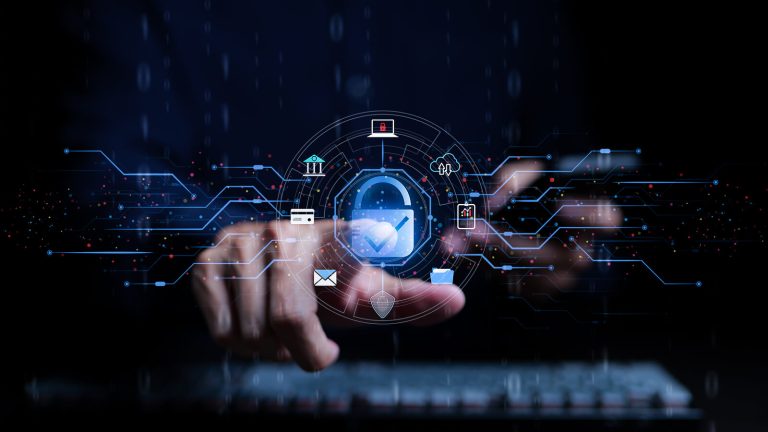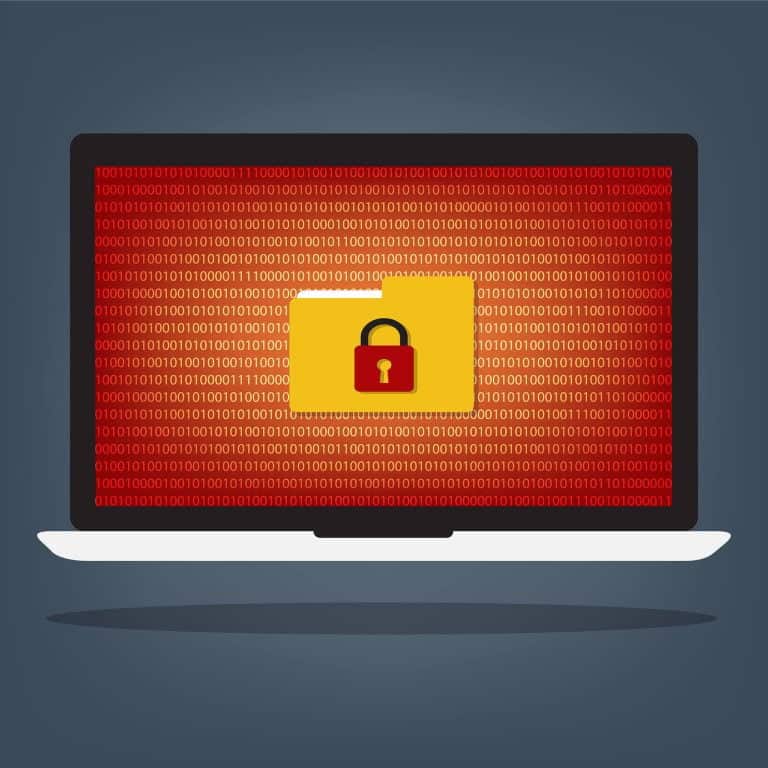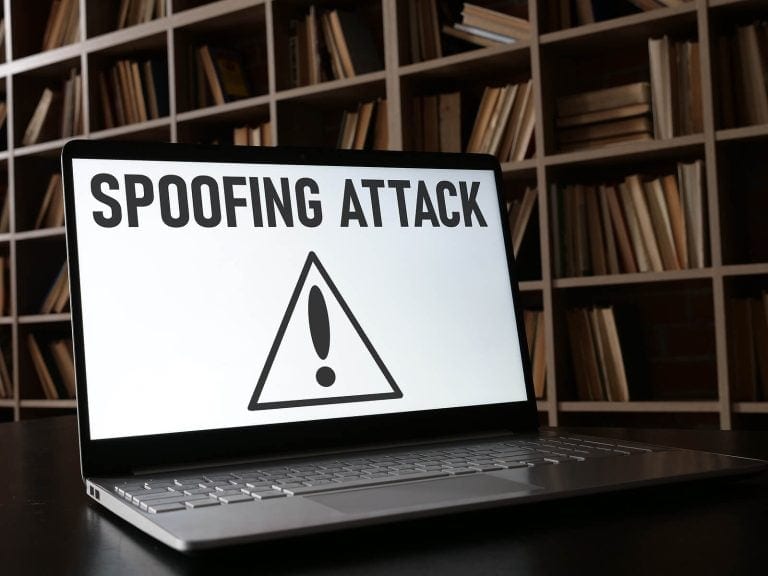The presence of proper cybersecurity measures on your website can drastically impact your SEO efforts and rankings. Almost every company today operates online – but, as beneficial as the online world may be, it’s also filled with potential security threats.
Table of Contents
ToggleIt only takes a single successful cyber-attack to ruin years of effort. It’s not just your bottom line that’s at stake but also your reputation. That said, 60% of small companies ultimately fail after a cyber-attack. Therefore, prevention is the key to ensuring such a scenario doesn’t happen in the first place.
Moreover, search engines, such as Google, tend to penalize websites that lack proper security measures. What’s more, the consequences of a successful cyber-attack can diminish your rankings, and they’ll continue to drop the longer it takes you to fix every issue. With that in mind, here are a few ways website security affects SEO performance.
What Happens When a Cyber Attack Occurs?
The damage done depends on the type of attack that occurred. In most cases, any type of damage originating from a cyber-attack won’t be insignificant.
Here are a few examples:
- Severe downtime – This can happen as a result of a DoS and DDoS (Distributed Denial of Service) attacks.
- Website-wide spread of 404 errors.
- Redirecting traffic to 3rd-party servers.
- Consumer data theft.
- Creating internal server errors (5xx errors).
- Infecting your website with malicious code.
- Spreading malicious code to visitors and customers.
- A takeover of sub-domains and setting up phishing scams.
If a cyber-attack is successful against your website, it can take a long time to fix the damage. The more time it takes, the more search engines will penalize you for it.
Prevention Strategies: Protecting Your SEO
As mentioned before, prevention is key. You need to stop cyber-attacks from causing your website any harm. There are many prevention strategies that you can implement, and you have to determine which ones are best suited to your needs. That said, a good idea would be to leverage expert SEO services.
There’s always more you can do to prevent both cyber-attacks and any damage to your rankings. That said, here are a few prevention strategies you should strongly consider:

- HTTPS/SSL implementation – Websites with an SSL (Secure Socket Layer) or its successor TLS (Transport Layer Security) have an HTTP (Hypertext Transfer Protocol) over SSL/TLS, thus making the HTTPS (Secure). This is an encrypted security protocol for online communication and a ranking factor for SEO. This protocol is used to prevent man-in-the-middle attacks and establish a secure communication between your website and customers’ computers.
- Perform regular audits – Technical SEO audits can show you that some errors like the 4xx and 5xx occur more often than they should. This is a good indicator that something may be wrong.
- Use security software – Scanning your website with anti-virus and anti-malware software can help prevent cyber-attacks. If the software detects something, it can also contain the threat and minimize the damage.
- Use a reliable firewall – A firewall acts as a shield that prevents unauthorized to your private network. It can effectively block attacks, such as data breach attempts.
- Use IDS (Intrusion Detection System) – Similar to a firewall, the IDS detects malicious patterns. Once detected, IDS will block any events and alert administrators about suspicious behavior.
What will Search Engines do?
As you may know, search engines will regularly crawl and index your pages so that they can properly rank your website. They will detect persisting 404 and 5xx errors on your website, which will result in loss of rankings.
Moreover, if your website is experiencing downtime, search engine crawlers won’t be able to crawl your pages at all. An hour of downtime won’t diminish your rankings. However, if the downtime lasts for 8 hours or more, your website may go down by 35% on SERPs. Here are a few other examples of search engine penalties:
- SEO penalties – Search engines, such as Google, will sooner or later detect that your website has been hacked. They will, therefore, start penalizing your website accordingly to prevent the damage to online consumers. For example, your visibility will be diminished so that consumers won’t stumble upon your hacked website. The severity of the penalties depends on what’s happening on your website and for how long.
- Browser blacklisting – In the worst-case scenario, your website will be banned entirely and blacklisted by browsers, such as Google Chrome, for example. This is especially true if your website is infected by malware. Once blacklisted, your website is terminated, and your rankings are eradicated. This will go on until you clean up your website, but you also have to work on improving your rankings once again. Basically, you’ll have to start over with your SEO.
Cybersecurity has a lot to do with SEO performance. As you’re already aware, SEO takes time to produce viable results, and you must continuously upgrade your strategies. However, a cyber-attack can ruin all that in a relatively short amount of time, especially if you’re not aware that an attack has occurred. That’s why it’s vital to strengthen your cybersecurity measures and prevent attacks from ever happening on your website.
Summary:
Cybersecurity in SEO
The presence of proper cybersecurity measures on your website can drastically impact your SEO efforts and rankings. It only takes a single successful cyber-attack to ruin years of effort. It’s not just your bottom line that’s at stake but also your reputation. Prevention Strategies: Protecting Your SEO: HTTPS/SSL implementation. Perform regular audits. Use xecurity software. Use a reliable firewall. Use IDS (Intrusion Detection System). Cybersecurity has a lot to do with SEO performance. As you’re already aware, SEO takes time to produce viable results, and you must continuously upgrade your strategies.




